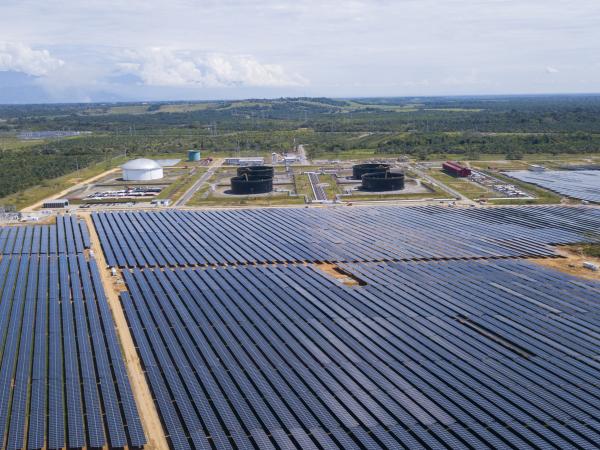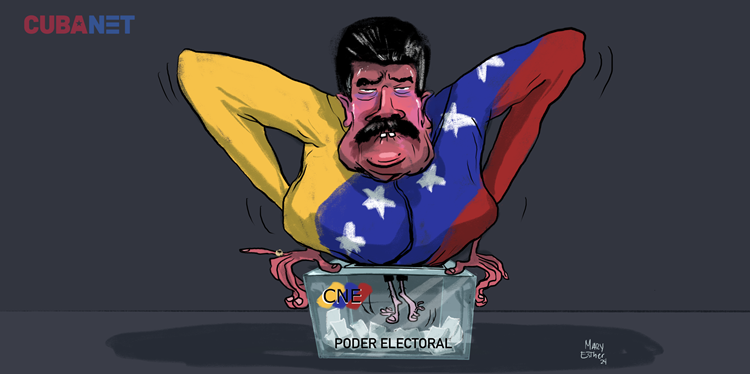The The transition to decarbonization in Latin America faces serious challenges due to the continued dependence on fossil fuelsand Ecopetrol, the country’s main state oil company, is no exception. However, in the case of this company, the The need for financing through credit is a latent risk for your ratingnotes a Moody’s report.
(We continue: Low drilling could lead to a higher decline in oil production than during the pandemic)
According to this document from the firm, The region has a low overall level of greenhouse gas emissions (GHG), although it has seen delays in the implementation of strict emission reduction policies. This situation complicates efforts to align the energy sector with global sustainability goalsputting pressure on companies like Ecopetrol to adapt their strategies.
In the Latin American context, national oil companies, many of them state-owned, face growing demands to address climate change. However, Moody’s points out that Legislation in the region remains weak, and companies have limited funds to address decarbonization, which aggravates the risk of deterioration in its credit quality.
(You may be interested in: This is how gas prices have changed, before the tariff pressure that will come in 2025)
The Ecopetrol’s exposure to these risks is reflected in the high score in the ESG scoring system (environmental, social and corporate governance), highlighting a significant vulnerability in the face of the challenges of the energy transition.
Colombia, which has committed to achieving “carbon neutrality” by 2050faces a complex dilemma, the report notes. Although the country has ambitious goals to reduce GHG emissions and diversify its energy matrix, it also must balance these goals with the need to ensure an energy supply reliable.
The Hydroelectric generation, which accounts for a large part of the country’s energy, has been affected by droughtsincreasing the need for a transition to more reliable energy sources, according to the Moody’s report.
(Of interest: Moody’s warns of risks to Ecopetrol’s rating due to its US business)
Ecopetrol has started a program to reduce GHG emissions, focusing on energy efficiency and investment in renewable energy. The company plans to allocate between US$6 and US$7 billion in 2024 for projects related to the energy transition, which represents almost half of its capital investment.
However, The need to take on more debt to finance these investments could put pressure on its credit quality, Moody’s warnsThe Colombian government also faces the need to balance its decarbonization efforts with maintaining adequate energy infrastructure to cope with fluctuations in supply.
Despite the progressthe path to decarbonization in Colombia remains complicated, the firm notes. Security concerns, tensions with local communities and uncertainty around future natural gas supply could affect the country’s ability to meet its climate goals.
(Recommended reading: Ecopetrol’s strategies to combat the natural gas deficit)
About In the case of natural gas, the report published by the firm points out that the need to find external supply sources of this energy source in the face of a shortage expected for the coming years. This will mean that both the Government and the company will have to manage supply options such as imports, including the investments that this will require.
This will be essential for the energy matrix, which is mostly hydraulic and thermal, so a drop in gas availability could affect the supply electricity in times of drought. This is especially relevant as renewable projects have faced delays.
In this context, Moody’s stresses that Ecopetrol must carefully navigate between its sustainability goals and economic and political realities to ensure a successful transition without compromising its financial stability.
(See also: Actions are urgently needed to reverse the decline in gasoline consumption, which has lasted 13 months)
The firm notes that government “must balance carbon reduction with ensuring adequate local gas supplies to deal with drought and falling reserves, while promoting renewable energy and assessing the future of oil exploration contracts”.
Daniela Morales Soler
Portfolio Journalist

















